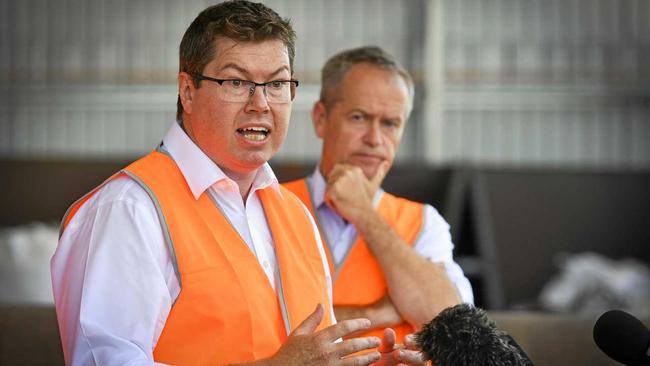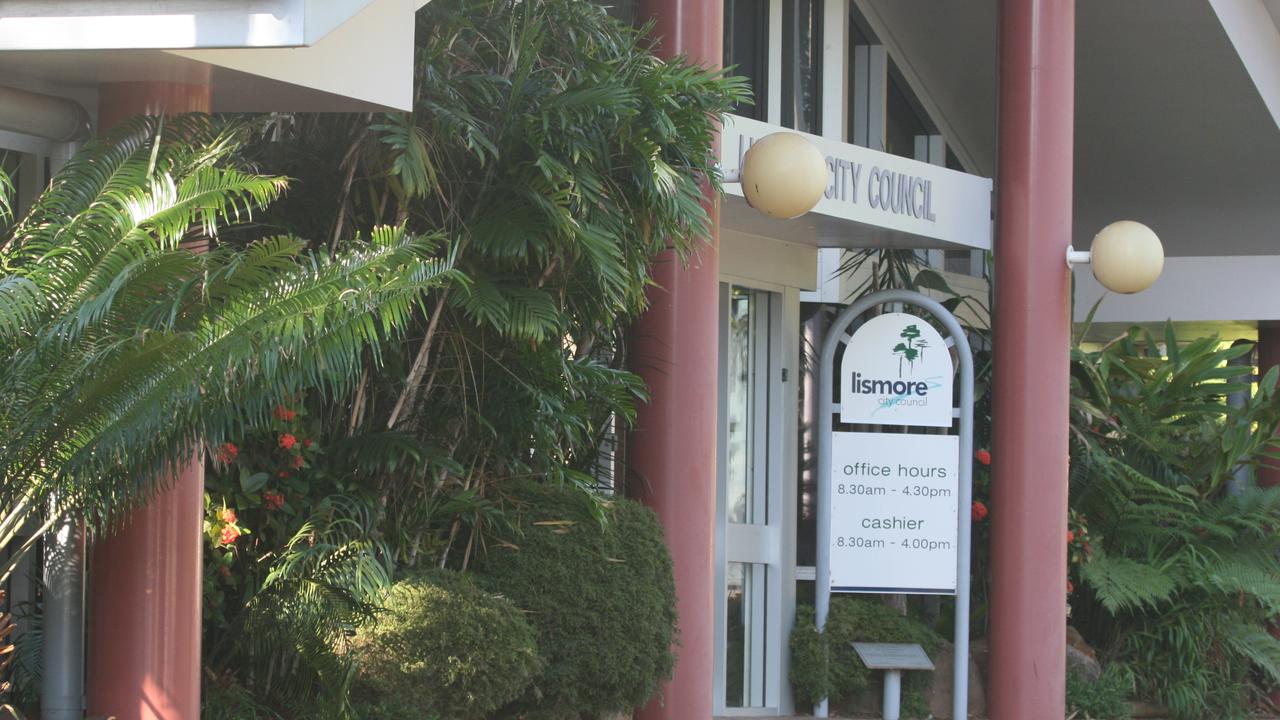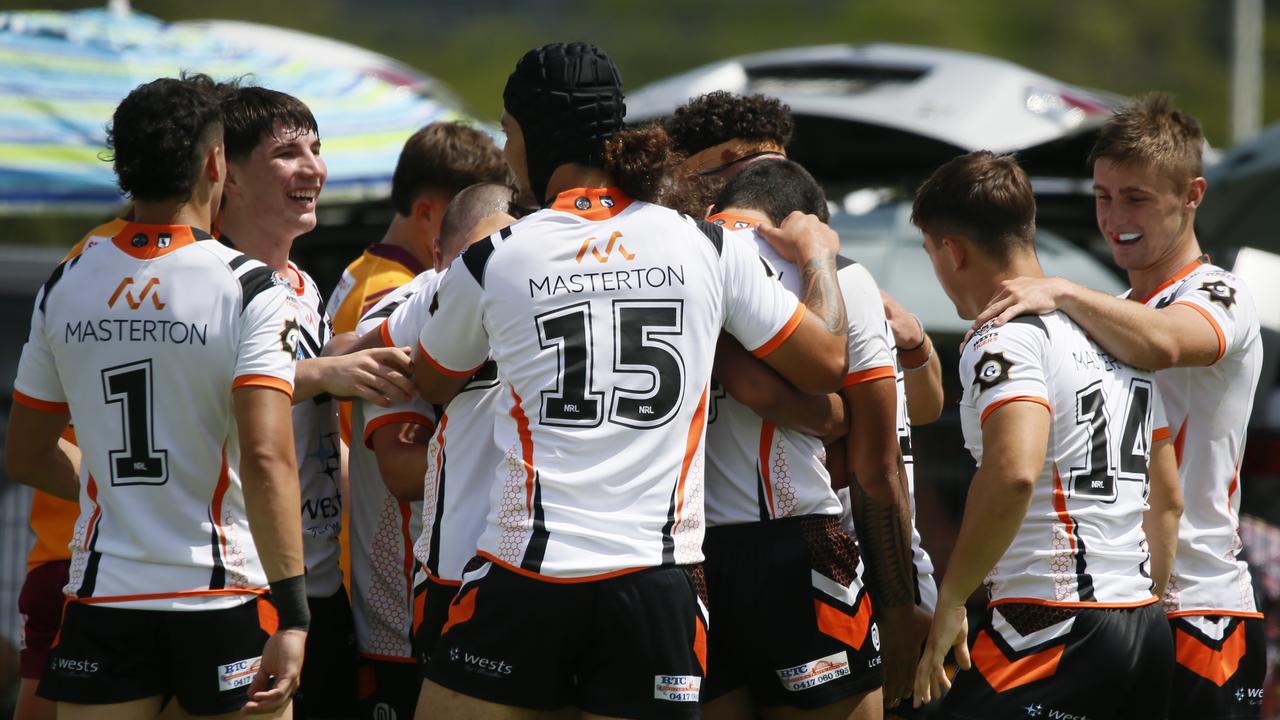Climate change chat at South Services
Forum held by Federal Labor gives community a chance to ask questions of shadow assistant minister

Grafton
Don't miss out on the headlines from Grafton. Followed categories will be added to My News.
OUTLINING their plan to combat the effects of climate change, Opposition spokesman on Climate Change and Energy and for Infrastructure Patrick Conroy and Labor candidate for Page Patrick Deegan met the community at a forum at South Services last week.
In a wide-ranging discussion, the pair talked up Labor's plans to tackle climate change if elected, with a target of cutting carbon emissions by 45 per cent by 2030 and achieving carbon neutrality by 2050.
Mr Conroy accepted the responsibility that Australia has to combat the effects of climate change and reduce emissions, rejecting the idea that Australia's output was in some way insignificant compared to countries like China and the US.
"Australia is the 12th biggest emitter of carbon in the world and has one of the largest rates of emissions per capita, we have an obligation to do something about it," MrConroy said.
Labor would also create the Just Transition Authority, dedicated to fostering economic diversity in areas that were reliant on industries like coal, to ensure workers and communities were not left to fend for themselves when transitions occur.
MrDeegan made clear his focus on helping people find ways to reduce their carbon footprint at a local level and talked about community programs that he had seen make progress in the electorate.
"Anova Energy is one grassroots project that are enabling community investment in solar farms," he said.
"For every 10 people that buy in they will help low-income earners transition to low-cost renewable energy."
Solar panel affordability was something that Mr Conroy was similarly concerned with and said that despite the cost, more people from lower socio-economic backgrounds were investing in solar.
"There is an affordability issue around solar PV so that's why made announcements to around the clean energy finance corporation providing concessional loans for people who want to buy solar PV," he said.
"Importantly we have also created a program to help people who rent and who are in public housing to be part of this change.
"But many of those investing now are not rich people they are people in regional towns and people in the mortgage belt."
A recent study by the Victoria Energy Policy Centre had shown that uptake of solar was more common in middle and lower socio-economic households than higher socio-economic households.
"People are reaching for ways to get control over their energy costs and for millions of low and middle income households, solar is the best way to do that," said Solar Citizens National Director Joseph Scales.
"This research found that PV uptake was lowest among the highest socio-economic group and highest among the lowest socio economic group.
"We also cross referenced this ABS data with Domain data on the value of individual's actual homes and found people with lower average property values were much more likely to have solar (30 percent) than those with the highest property values (13 percent)."
Originally published as Climate change chat at South Services


